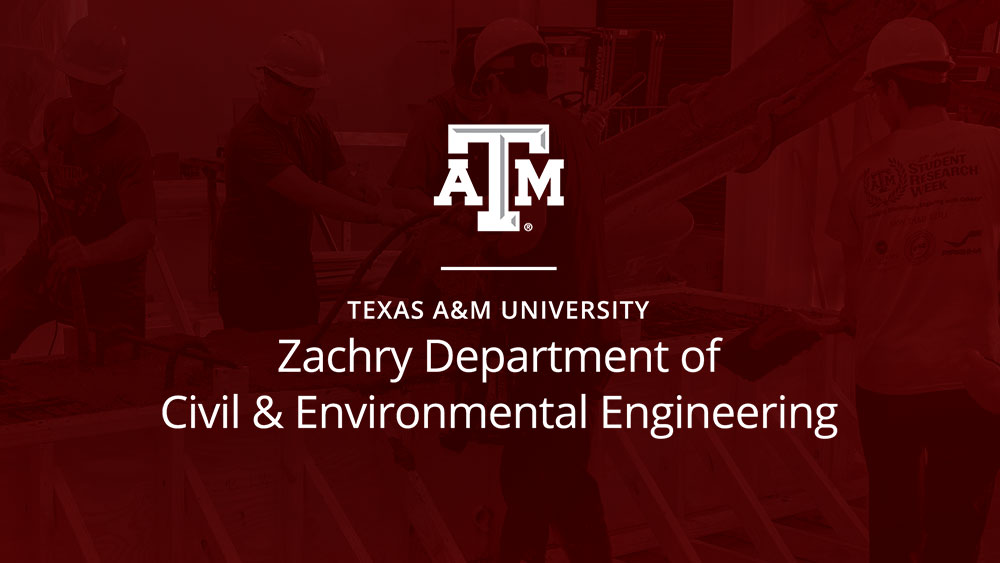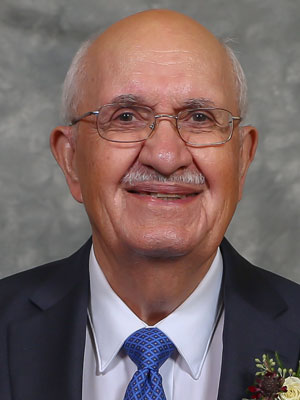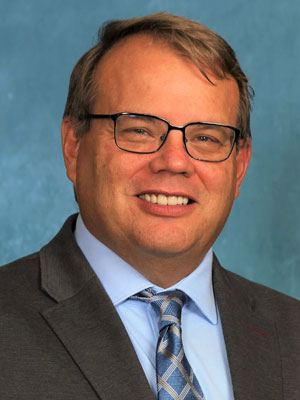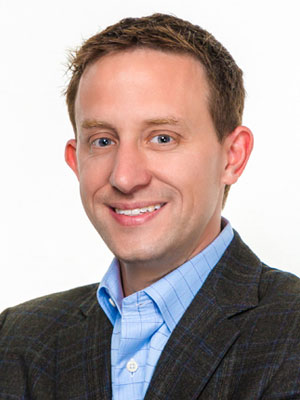
Four former students were recently honored by the Zachry Department of Civil and Environmental Engineering at Texas A&M University for their career achievements in the engineering industry. They were recognized during the annual distinguished graduate, scholarship and fellowship banquet.

Dr. James E. Caffey ‘55
A native of Rockdale, Texas, Dr. James E. Caffey ’55 grew up on a small farm. He enrolled at Texas A&M in 1951 where he was a member of the Corps of Cadets. As a senior, he was a cadet lieutenant colonel and served as Corps intelligence officer.
As a member of the Student YMCA Cabinet, Caffey helped plan a summer camp for incoming students. The first year they hosted 35 future freshmen at Fort Parker State Park to teach them about life on campus and Texas A&M traditions. He was the chairman of the first Fish Camp, which has grown from 35 to more than 6,000 today.
Caffey graduated in 1955 with a bachelor’s degree in civil engineering, followed by a master’s degree in civil engineering in 1956. He was a member of all the honorary academic organizations at Texas A&M. He received his doctorate in civil engineering from Colorado State University in 1965.
Caffey joined The University of Texas at Arlington (UTA) faculty as an instructor and was promoted to professor in 1971. During his tenure, he taught 21 different undergraduate courses and seven graduate courses.
After leaving UTA, Caffey worked in private and governmental sectors. He worked as an employee or consultant for such firms as Freese and Nichols, Carter and Burgess (now Jacobs), Turner, Collie and Braden, state agencies such as the Texas Department of Transportation, federal agencies like the Fort Worth District of the Corps of Engineers and cities such as Arlington, Texas.
Caffey has also been a member of the Century Club of the Association of Former Students at Texas A&M for the past 44 years and a member of the Corps of Cadets Association.

David B. Casteel ’84
As a civil engineering student, David Casteel ’84 was involved in the American Society of Civil Engineers ASCE, Chi Epsilon, Tau Beta Pi and intramural sports. His most memorable professor was Dr. Bob Gallaway - “Mr. Seal Coat.” Later in his career, the Texas Asphalt Pavement Association presented him with the Bob M. Gallaway Award. It is one of his most prized possessions and recognitions.
After graduating cum laude with a bachelor’s degree in civil engineering, Casteel applied for and was accepted as one of the first classes formed between the Texas Department of Transportation (TxDOT) and Texas A&M. He was a TxDOT employee, but able to work on research at the Texas A&M Transportation Institute (TTI) while obtaining a master’s degree in civil engineering.
Casteel dedicated 30 years of his career as a licensed professional civil engineer to the people of Texas. He initially served in roles of increasing responsibility at TxDOT. After spending his early years as a construction and traffic safety research engineer at TTI while on dual assignment with TxDOT, he quickly advanced to area engineer in Big Spring, Texas, and transportation planning and development director in Abilene, Texas.
Since 2016, Casteel has served as a vice president of Williams Brothers Construction Company. His executive-level Department of Transportation knowledge and experience has bolstered the organization to effect growth and critical organizational improvements. He was a pioneer at TxDOT in developing and implementing alternative delivery.
Casteel currently serves as president of the Associated General Contractors of Texas, one of the country’s oldest and most progressive trade associations.

Maj. Gen. Timothy Green (United States Air Force, Ret) ‘86
When retired Maj. Gen. Timothy Green joined the U.S. Air Force in 1987, it was for four years. He thought he would return to work in the West Texas oil fields. But then, he fell in love with the people. And after a 30-year career, he retired as a major general.
Green was in the Aggie band at Texas A&M and had an academic advisor who was a civil engineer that he looked up to, which led him to choose a career in civil engineering. After his sophomore year, he decided on the Air Force and was offered a scholarship. He received a bachelor’s degree and master’s degree in civil engineering from Texas A&M.
During his time in active duty, he was responsible for overall strategy and technical and financial performances across a broad customer set related to installation operations. He has over 30 years of experience as an officer in the Air Force, culminating as director of civil engineers at their headquarters in Washington, D.C.
Green is a registered professional engineer in Texas and a professor of practice in the civil and environmental engineering department. He is also a member of the Texas A&M College of Architecture Development Advisory Group.
In March 2019, he joined the Texas A&M Engineering Experiment Station (TEES) as strategic advisor for national security initiatives at the Center for Infrastructure Renewal, a joint facility operated by two Texas A&M University System state agencies, the Texas A&M Transportation Institute and TEES.
Green led the TEES proposal development team that, in three months, established a $65 million, five-year cooperative agreement between the Texas A&M System and the United States Army Futures Command. He currently advises the team charged with the construction of $130 million in research facilities and test instrumentation supporting national security requirements that will form the backbone of the George H.W. Bush Combat Development Complex at Texas A&M-RELLIS.

Dennis Wittry ’91
Dennis Wittry graduated with a bachelor’s degree in civil engineering from Texas A&M in 1991.
For more than 28 years, he has been a structural engineering leader for Walter P Moore Houston, one of the leading structural engineering firms in the country. He is a senior principal and regional director of structural engineering services for Central Texas and chairman of Walter P Moore.
For the past 20 years, Wittry has been very involved with the civil and environmental engineering department at Texas A&M. He is actively involved during the fall and spring semesters with the structural engineering capstone course, CVEN 483 Analysis and Design of Structures. In CVEN 483, he and another engineer from Walter P Moore generally serve as the architect and owner’s delegate for the class project.
Wittry has served on multiple industry advisory boards, including over a decade on the Zachry Department of Civil and Environmental Engineering Advisory Council, as an inaugural member of the Architectural Engineering Advisory and the Honors College Advisory.
He joined Walter P Moore in 1994. In 2002, he became managing director of the Houston office, which he recently handed over and is now the regional director for South and Central Texas. He became a principal in 2003 and a managing principal in 2014. He is a licensed engineer in 27 states.
Wittry is one of the leading structural engineers in Texas and has worked on many of Walter P Moore’s premier Texas A&M projects, including the Kyle Field redevelopment, Corps dormitories redevelopment, and the George P. and Cynthia Woods Mitchell Institute for Fundamental Physics and Astronomy. His extensive and diversified experience with commercial, industrial, aviation, public/civic buildings and sports facilities has included numerous state and nationally awarded projects for engineering excellence.
Wittry is also very engaged in service activities for the profession, including the technical committees of the American Concrete Institute (ACI) and the ACI foundation through the Concrete Research Council, providing critical practitioner feedback on research proposals received through the foundation.